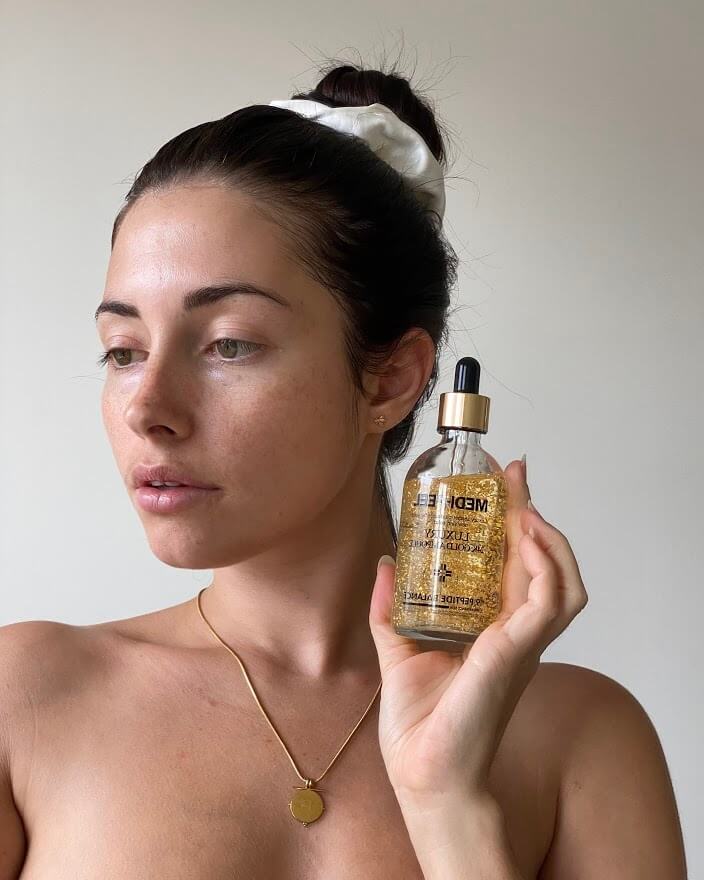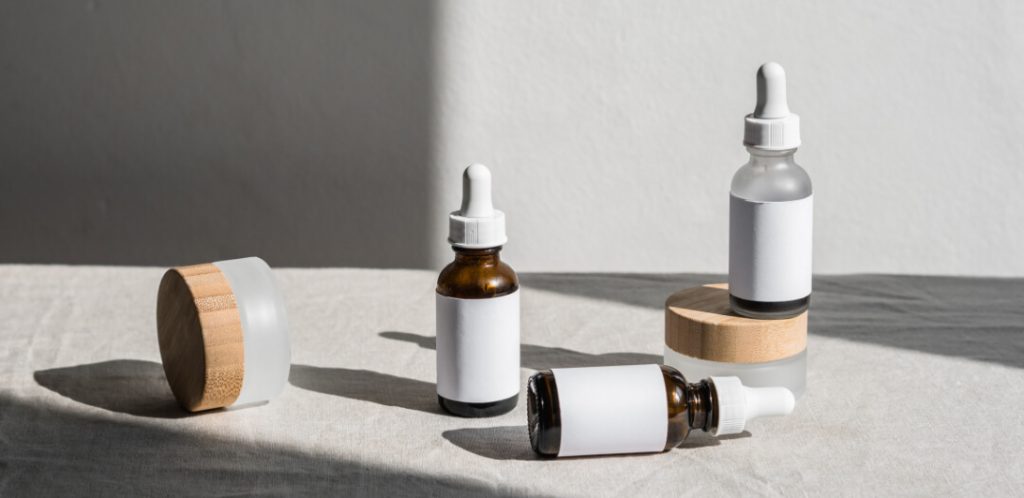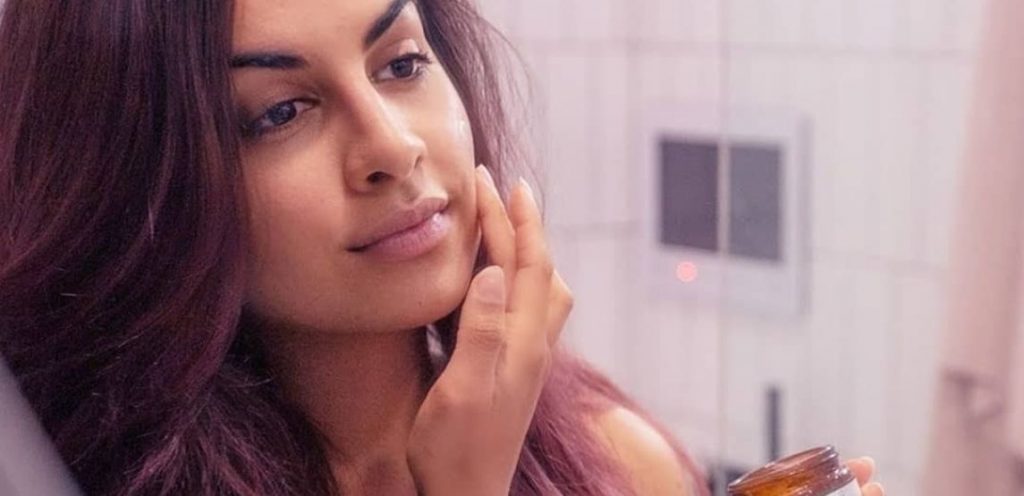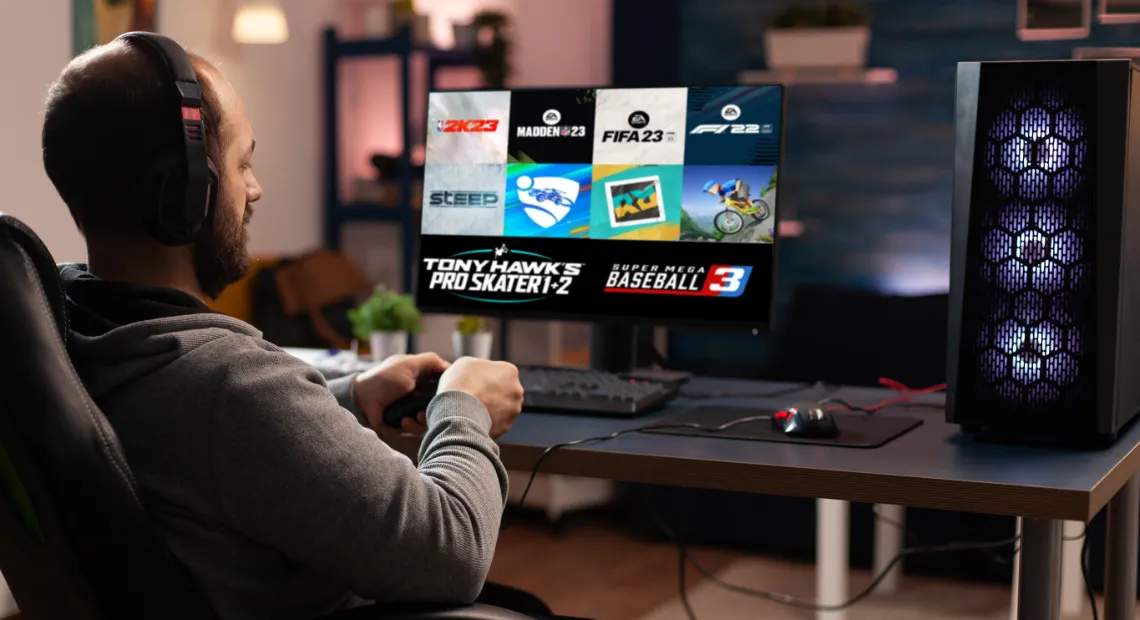Hey there beauties! As you may know, the Therapeutic Goods Administration (TGA) has released new guidelines for promoting therapeutic goods on social media. As a beauty influencer, it’s important to stay informed and abide by these guidelines to ensure that we are promoting safe and effective products to our followers. Here are some tips to help you navigate the new TGA guidelines.
Influencer endorsements vs testimonials
Influencer endorsements are allowed because they involve the influencer promoting a product or service based on their own personal experience or expertise, being more objective and trustworthy. Testimonials are not allowed in influencer marketing because when an influencer is paid or given a gift to post about a product or service, their opinions and recommendations may be less genuine and biassed.
For example, suppose a beauty brand pays an influencer to promote their new foundation on Instagram. The influencer can post a photo of themselves using the foundation and include a caption saying, “Loving this new foundation from XYZ brand! #ad.” This is an endorsement and is allowed because the influencer has disclosed their relationship with the brand. However, if the same influencer were to post a testimonial about the foundation, saying, “This is the best foundation I’ve ever used! It covers all my imperfections and lasts all day,” this is a testimonial and would not be allowed.

Be transparent about sponsored content
First things first, we need to be honest with our followers about any sponsored content. If you’re being paid to promote a product, you need to make it clear in your post. This can be done by using hashtags like #sponsored, #ad, or #paidpromotion to make it clear that you’re being compensated for your post. Remember, honesty is always the best policy!
Include a disclaimer in your bio
In addition to disclosing sponsored content in your posts, it’s also a good idea to include a disclaimer in your bio. This can be something as simple as “I am not a healthcare professional, and my content is for informational purposes only.” This disclaimer can help to set expectations for your followers and let them know that your content is not intended to be medical advice.
Only promote therapeutic goods that are approved by the TGA
The TGA is responsible for regulating therapeutic goods in Australia, so it’s important to only promote products that have been approved by the TGA. This means that the product has been tested and proven to be safe and effective for use. Before promoting a product, make sure to do your research and check if it is listed on the Australian Register of Therapeutic Goods (ARTG).
Don't make false or misleading claims
When promoting therapeutic goods, it’s important that we don’t make any misleading claims about the product. This means we need to be careful with our language and not make any exaggerated or untrue statements about what the product can do. Stick to the facts and be honest with your followers about your experience with the product.

Be mindful of the potential risks associated with the product
When promoting a therapeutic good, it’s important to be mindful of the potential risks associated with the product. This means avoiding claims that the product is completely safe or that it has no side effects. It’s also important to encourage your followers to do their own research and speak with a healthcare professional before using any new product.
Don't promote off-label use
If a product is approved for a specific use, like treating acne, you can’t promote it for any other use without approval from the TGA. This means you can’t promote a skincare product as a cure for a medical condition if it hasn’t been approved for that use. Stick to the approved uses for the products you’re promoting and avoid promoting off-label use.
Avoid making therapeutic claims for non-therapeutic products
Some products, like makeup and fragrance, are considered non-therapeutic and can’t make any therapeutic claims. This means you can’t promote a lipstick as a treatment for dry lips, or a perfume as a stress-relieving product. Stick to the non-therapeutic claims for these types of products and avoid making any therapeutic claims.
Overall, the new TGA guidelines are designed to ensure that we are promoting safe and effective products. By following these tips we can help to protect our followers and promote products that are safe and effective, Happy promoting beauties!




